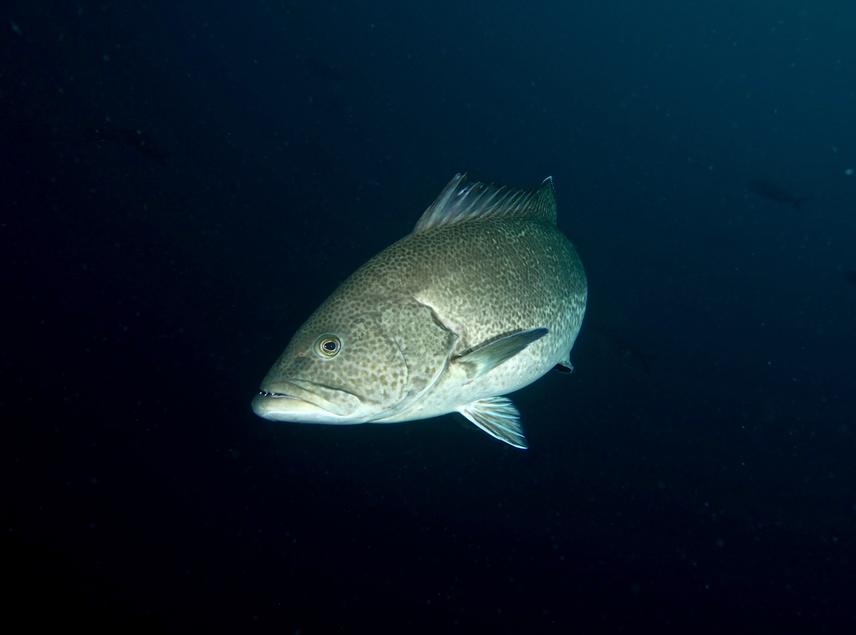Robert Lamb
Other projects
12 Jul 2011
Anthropogenic Threats to Mollusk Populations and their Ecological Role on the Continental Coast of Ecuador
16 Jun 2014
Fish Diversity in the Galapagos Islands: Implications for Marine Reserve Management and Ecosystem Functioning
16 Nov 2016
Assessment and Mitigation of the Effects of the 2015-16 El Niño Event on Reef Fishes of the Galapagos Islands
The Galapagos Islands harbour unique marine life that are susceptible to long-term climate change and extreme El Niño events. This project seeks to forecast the response of reef fish populations and the reefs they inhabit to warming oceans. We will use the natural variation in sea surface temperature found in the Galapagos to mimic 2.5 °C of warming, a realistic scenario for future conditions. Using field censuses coupled with precise measurements of regional oceanography, we will determine the species most susceptible to decline from extreme temperatures. Behavioural studies and dietary analyses using stable isotope fractions will be used to investigate the mechanism behind resilience or decline for each reef fish species. Together, this information will present a holistic picture of whole-reef fish community dynamics in response to El Niño and long-term warming.

The sailfin (bacalao) grouper (Mycteroperca olfax) is one of the largest predator residents of the reef. Bacalao can grow to 120 cm and feed on a variety of reef fish, which makes them a good indicator of the full breadth of carbon sources entering MFW.
This project builds upon previous Rufford-funded work by our group in the Galapagos Islands, during which we reported on wildlife disease outbreaks and fish population declines in response to the 2015-16 El Niño event. These findings prompted our current focus: to build resilience to climate change in Galapagos marine ecosystems by detecting the species most at risk from ocean warming, and the mechanisms that put them at risk, to improve conservation outcomes. We will census reef fishes at 12 sites spanning >6,000 km2. At each site, each fish observed along transects will be counted and identified to species. Population changes will be correlated with changes in ocean temperature and chlorophyll values detected using satellite data and in-situ temperature loggers and CTD casts. Fish behaviour will be analysed from stationary video cameras placed at each location. We will tabulate the number of interactions with other animals such as cleaning off parasites, bites on the substrate, and other behaviours of interest.
This data will be used to detect which species appear to have a disproportionately large impact for their abundance (“keystone species”), and how these interactions vary across sites and sampling periods. We will also acquire small samples of fish muscle tissue for dietary analyses. These samples will be used to detect the ratios of heavy carbon and nitrogen in essential amino acids for each species. Fish ratios will be compared to ratios taken from primary producer samples (coral fragments, plankton, several species of benthic algae, and microbial producers) to determine the contribution of each source of primary production to the diets of each species. Dietary analyses will be combined with census data to infer how changes in the availability of preferred food resources as a result of warming impact reef fish populations.
In addition, this analysis will show with unprecedented resolution which fish species are prey for each predator species, allowing us to construct a detailed and accurate food web for the entire reef fish community. In this manner, our project will provide both high-resolution information for Galapagos Marine Reserve authorities and fisheries management, as well as a novel study of whole-reef food web ecology that will have broad implications for predicting the response of global tropical reefs to climate change.
Header: Razor surgeonfish (Prionurus laticlavius) are generalist species that are able to switch their diets with changes in temperature and food availability. They can be herbivores feeding on algae on the seafloor or rely on a combination of plankton, coral, and microbes when the water warms and algae become scarce.